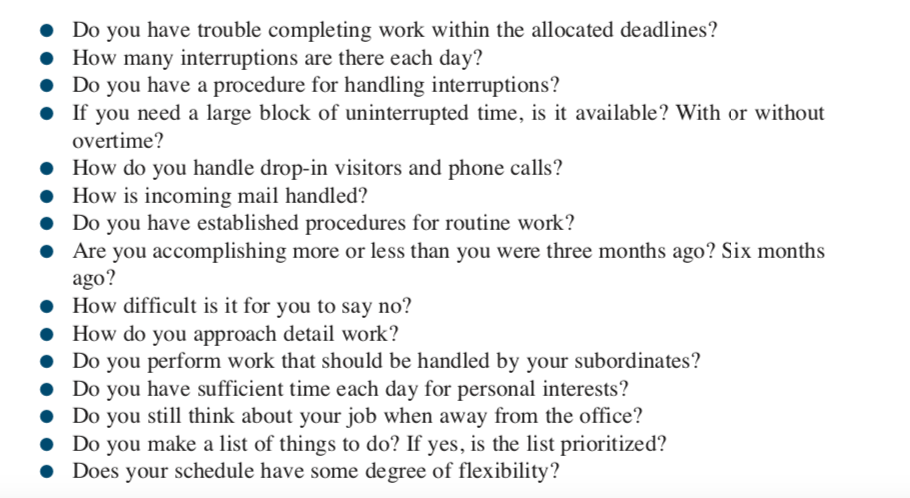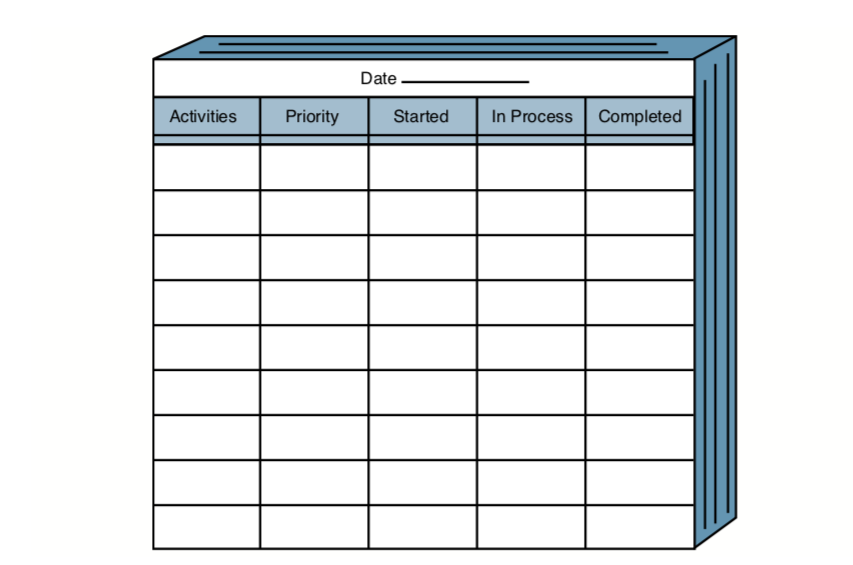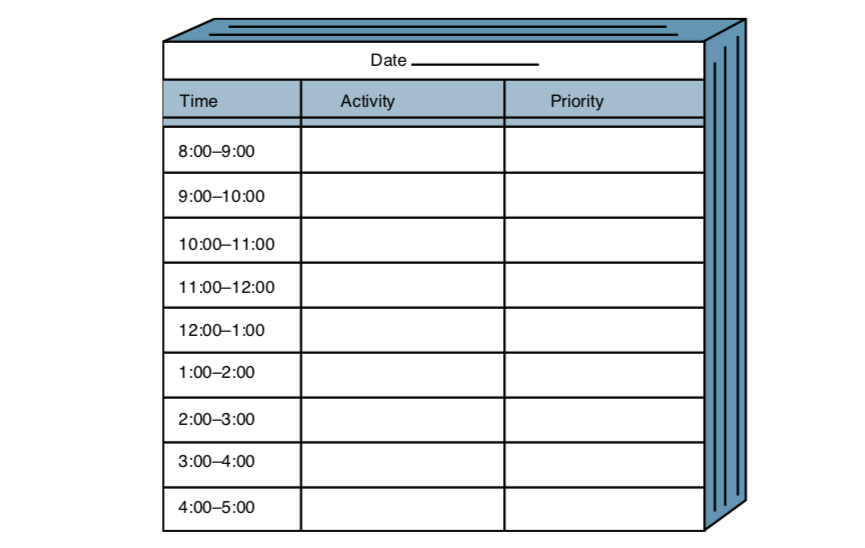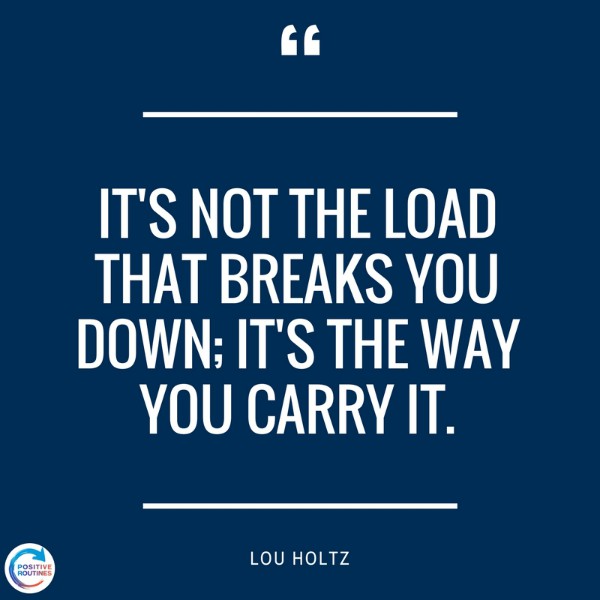Project Managers and Time Management
Time. We all have the same amount of time in a day, a week and a year, but how we manage our time is what sets us apart. Some people have trouble with time management and other have their day planned out by the hour. I know I am somewhere in-between, but I am most definitely the girl in the photo above. I am a sticky note lover (although now I have switched to virtual stickies, it’s much better for the environment and no more sticky notes stuck everywhere).
As project managers, we need to figure out how to manage our time in the most effective way possible. Project managers have a lot of their day already planned out, but what happens when a crisis comes up that you have to deal with right away? Do you have time in your schedule for that? Probably not, but do we get it done? Yes.
An effective project manager understands how to manage their time. The book has a great quote,
“It is often said that if the project manager cannot control his own time, then he will control nothing else on the project.”
Kerzner, H. (2009). Project management: a systems approach to planning, scheduling, and controlling (10th ed.). Hoboken: John Wiley & Sons.
Without effective time management on a project, the project will most likely fail or go way beyond the projected timeline. So how do we become effective time managers? Instead of looking at time as a constraint, we should look at time as a resource. We all have the same hours in a day, so make the most of them. In order to be an effective project manager, we have to identify the problem areas that already exist. The book contains a great list of questions that we can ask ourselves to identify where problems with time are happening:

The book also discusses the idea of time robbers. Time robbers are tasks that drain time away from the project manager. Some examples of time robbers are: a job that is done poorly that must be done again, failure to delegate, waiting on other people, paperwork, emails, lack of project organization and casual conversations with co-workers. All of these things take time out of the day sometimes without the project manager even realizing it. A good project manager knows how to delegate tasks, how to prioritize tasks and not get involved in time robbers. In order to help with time, some project managers use time management forms. The two forms the book discusses are a “to do” pad and “daily calendar log”.
The following image is the “to do” pad. A “to do” pad defines the tasks that are priority and if they are still in progress or if they are completed.

Once the project manager fills out the “to do” pad, they take the tasks they must work on for the day and transfers them to the “daily calendar log” (below). The “daily calendar log” helps project managers schedule their day and where in their schedule they have some extra time to handle crises.

The “to do” pad and “daily calendar log” offer a good basic management tool for us to look at from the book, but with a simple google search there are thousands of software’s and tools for project management. I am sure many companies already have their own time management software or tool they want you to use, but it helps to see other examples and ideas to find out what works best for you!
Project Managers and Stress Management
“The most challenging problem facing the project manager is his inability to say no.”
Kerzner, H. (2009). Project management: a systems approach to planning, scheduling, and controlling (10th ed.). Hoboken: John Wiley & Sons.
I know I have a really big problem with saying no, which I believe many people do also. We want to please everyone and help others, but in the long run, always saying yes can really impact our mental health. This chapter in the book also discusses stress. We all live stressful lives and hopefully we have learned how to manage stress, but work can bring on much more stress than what we are normally used to. Having a lot of stress in your life can lead to: being tired, feeling depressed, being physically and emotionally exhausted, burn out, being unhappy, feeling trapped, feeling worthless, feeling resentful and disillusioned about people, feeling hopeless, feeling rejected, and feeling anxious. You will never have a project that you will not feel stressed about. Whether it be unrealistic deadlines, individuals on your team or higher-ups. We must remember to take time for ourselves. Good time and stress management techniques are necessary for project managers. Learning how to manage your stress is a necessary tool.
Some tips for managing stress are:
1. Accept that there are events that you cannot control
2. Learn and practice relaxation techniques; try meditation, yoga or tai-chi
3. Exercise
4. Eat healthy, well-balanced meals
5. Make time for hobbies, interests, and relaxation.
6. Get enough rest and sleep
7. Spend time with people you enjoy being around
8. Seek treatment with a psychologist or other mental health professional trained in stress relief techniques.
Ideas from: https://www.webmd.com/balance/stress-management/stress-management
Stress and Our Bodies
Here is short TEDEd lesson about “Stress and Our Body” that I found interesting about stress and what it can do to our bodies! By Sharon Bergquist.

0 Comments